Blog TrustedTablets pharmacy
-
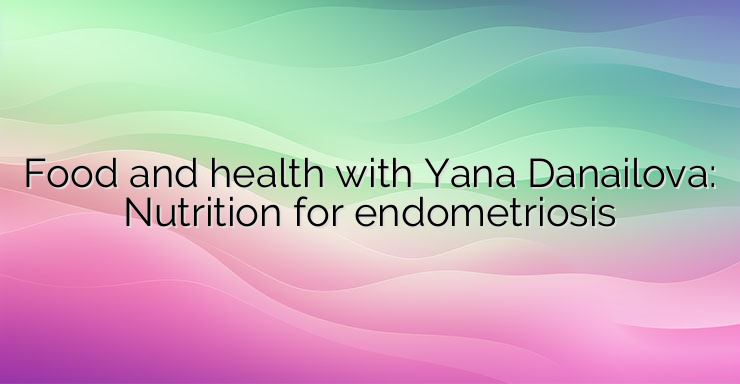
Food and health with Yana Danailova: Nutrition for endometriosis
Endometriosis is a chronic condition in which endometrial cells grow outside the uterus and can sometimes affect the ovaries, fallopian tubes, and other tissues and organs in the pelvis. Endometriosis is often painful, and its symptoms usually worsen around the patient’s menstrual cycle. The most characteristic symptoms are: Pain in the pelvis and/or lower back;…
-
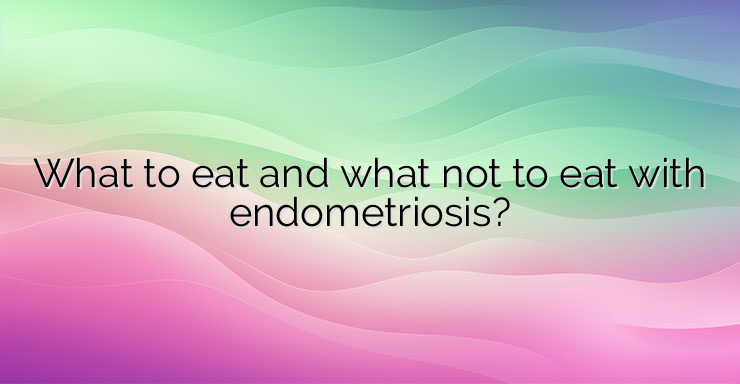
What to eat and what not to eat with endometriosis?
1. What is endometriosis? Endometriosis is a common gynecological disease. In endometriosis, tissue similar to that which makes up the inside of the uterus grows outside of it and covers other organs in the pelvic floor. When endometriosis tissue covers the ovaries, endometriosis cysts (chocolate cysts) form. It can also lead to adhesions in a…
-

How to eat during menopause?
Nutrition during menopause and in the period before it – perimenopause is key to controlling body weight and preventing hot flashes and mood swings. Important ingredients in the diet during this stage of a woman’s life are fiber, high-quality proteins and micronutrients. Some steps are paramount to an optimal menopause diet: Regular consumption of fruits…
-
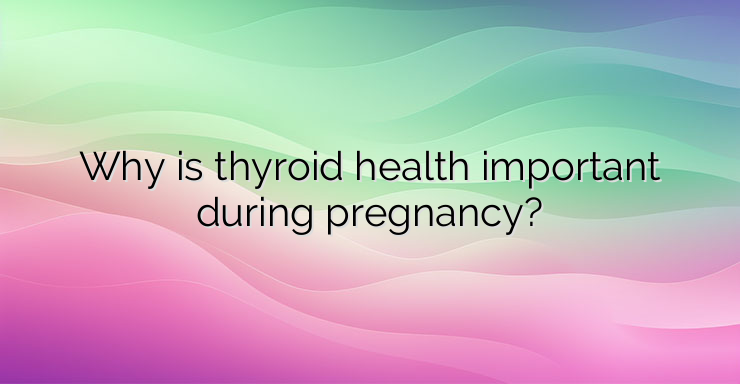
Why is thyroid health important during pregnancy?
The functioning of the thyroid gland remains normal during pregnancy, but the body’s needs for iodine are greater due to the need to provide the needs of the fetus. The fetal thyroid gland begins to function between the second and third gestational months. The thyroid hormones thus produced play a role in the development of…
-
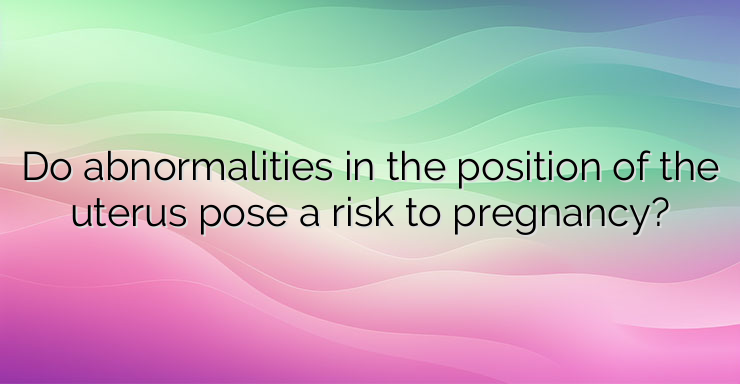
Do abnormalities in the position of the uterus pose a risk to pregnancy?
The uterus is a partially mobile organ fixed in the lower part of the pelvis at the cervix. This anatomical relationship allows the fundus of the uterus to move relatively freely in the sagittal, vertical, oblique and anteroposterior planes. Hypermobility occurs during the non-pregnant state, but is more common during pregnancy and can sometimes lead…
-
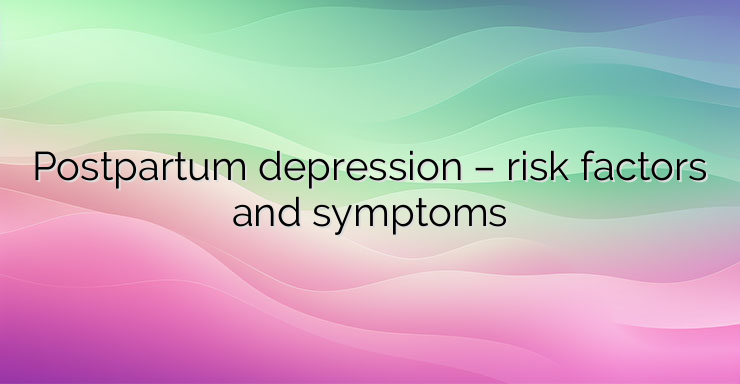
Postpartum depression – risk factors and symptoms
Childbirth and pregnancy are complex and exhausting processes for the mother’s body. During pregnancy, a woman goes through many hormonal, physical, emotional and psychological changes. Significant changes are taking place in the family and interpersonal worlds. After giving birth, the mother may experience a variety of emotions, ranging from joy and pleasure to sadness and…
-
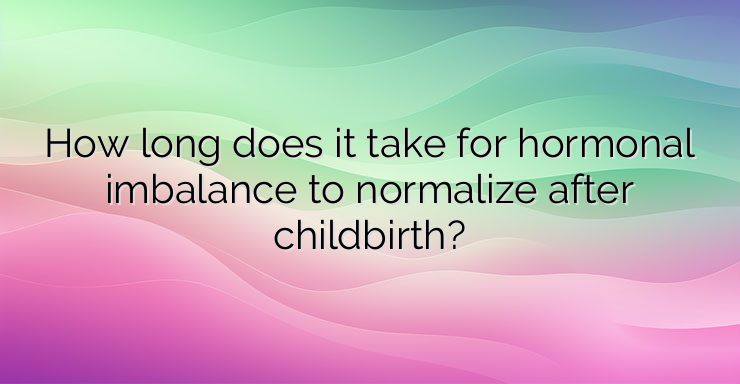
How long does it take for hormonal imbalance to normalize after childbirth?
The body undergoes many changes in preparation for childbirth. During pregnancy, hormone levels rise and fall, which affects a woman’s physical and emotional state. After childbirth, many women still feel emotional, irritable, sensitive. The good news is that the “postpartum emotional rollercoaster” is completely normal and largely due to hormonal changes. But how long will…
-
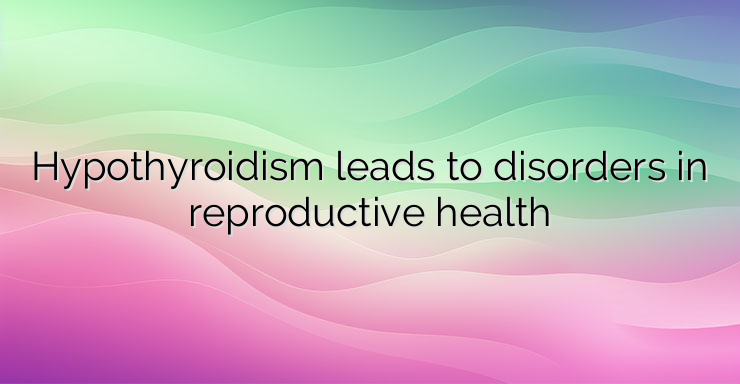
Hypothyroidism leads to disorders in reproductive health
The incidence of hypothyroidism in pregnancy is between 0.3 and 0.5%. The increased physiological needs of the fetus lead to an increased production of thyroid hormones, which necessitates a greater production of estrogen during the first half of pregnancy. In this way, the release of thyroxine-binding globulin – TBG from the liver increases. Elevated levels…
-
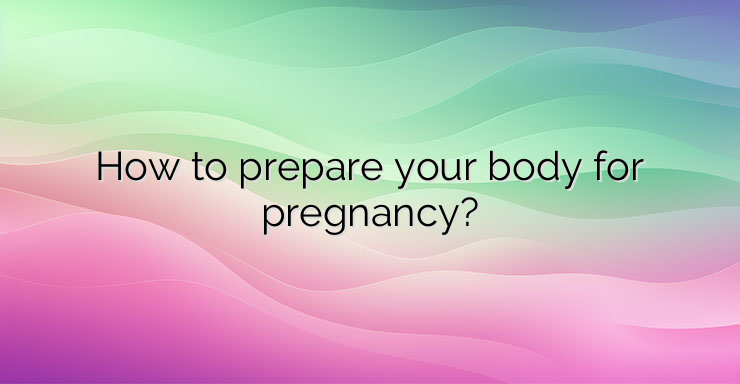
How to prepare your body for pregnancy?
Ready to start trying to get pregnant? Preparing the body is the first step in the process. Making every woman’s health a priority should always be the rule, whether she’s trying to conceive or not. However, when a woman is planning and preparing for pregnancy, it is important to be in the best possible health…